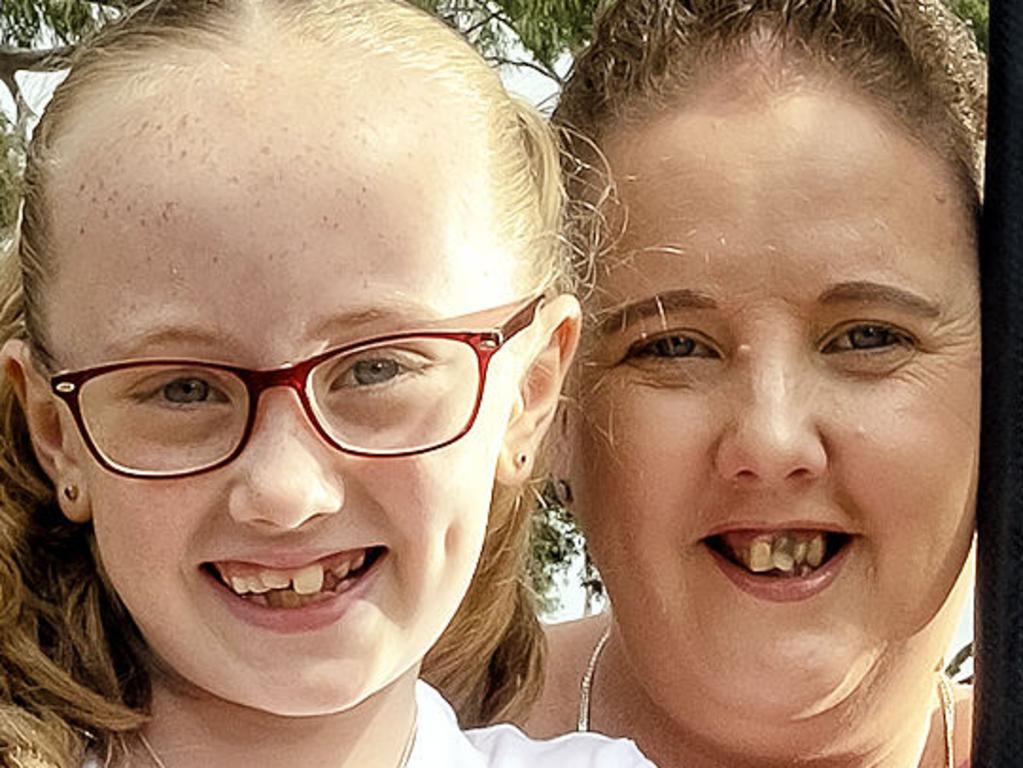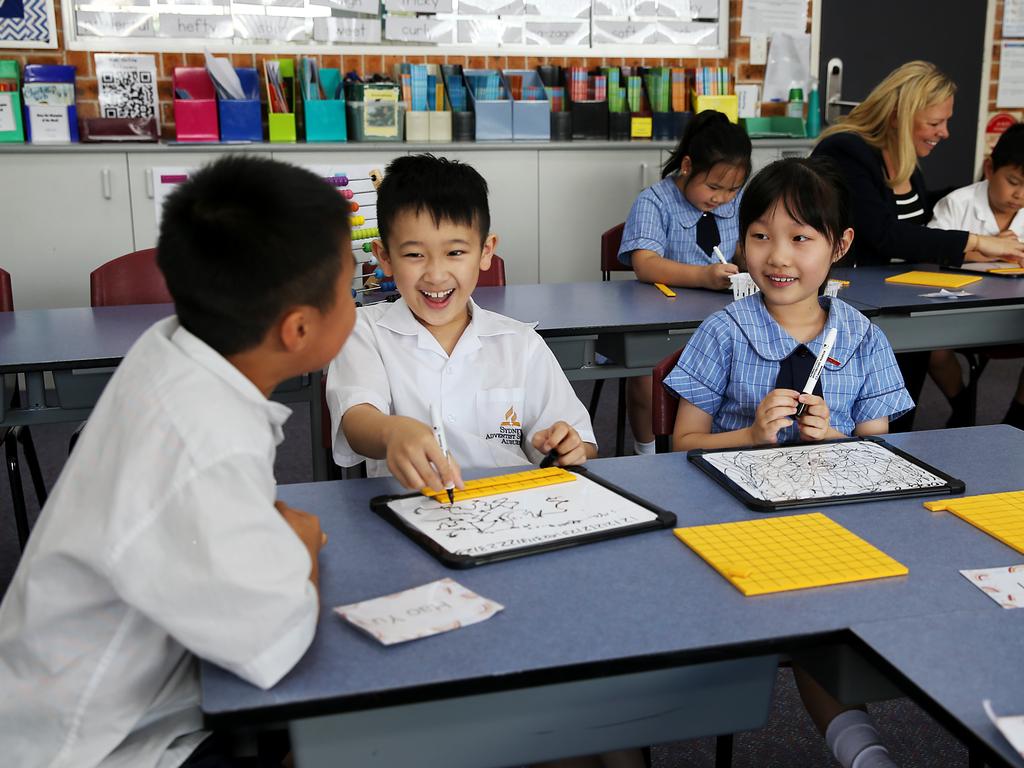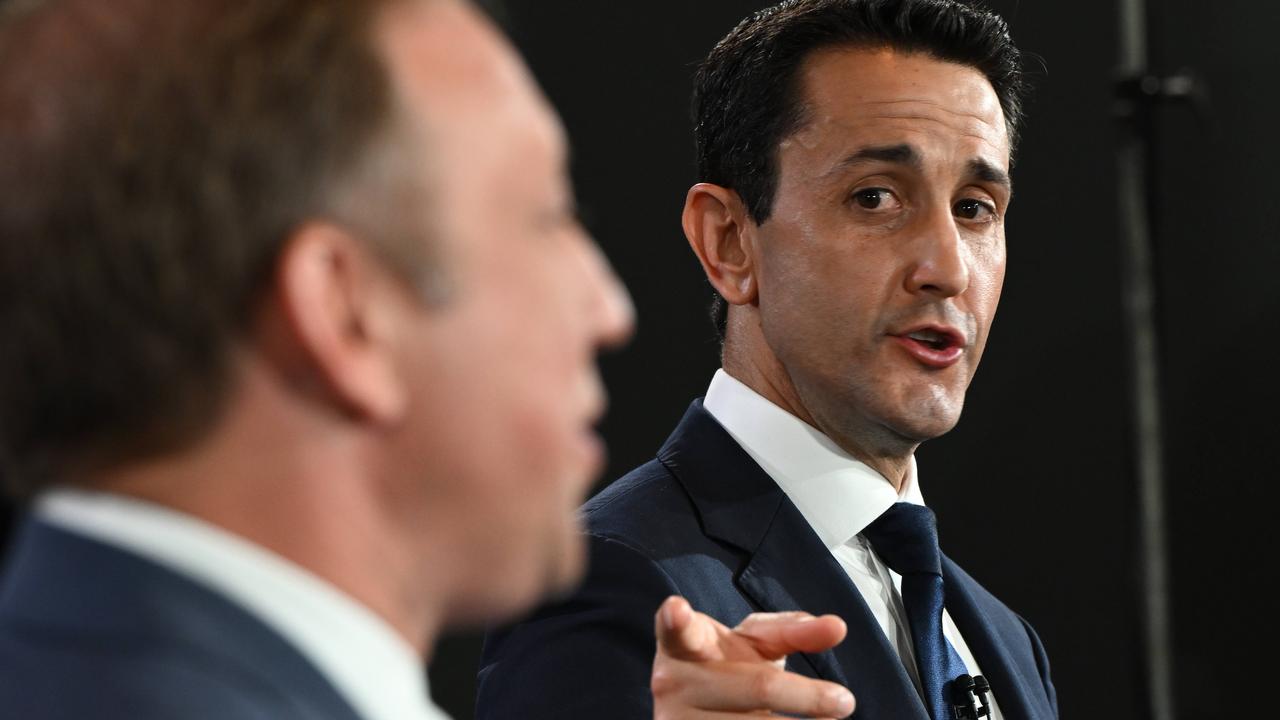Back to basics in new schools curriculum
Phonics, times tables and Australian history will be mandatory in Australian classrooms next year after the nation’s education ministers endorsed an old-school curriculum.
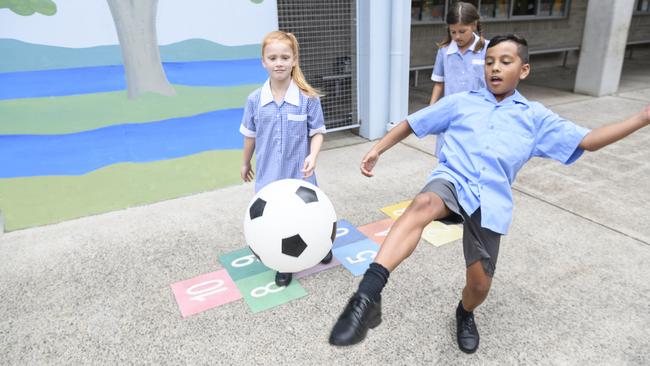
Phonics, times tables and Australian history lessons will be mandatory in Australian classrooms next year after the nation’s education ministers endorsed an old-school curriculum to ensure students master the basics.
In changes given top marks by maths teachers, primary school students will be expected to add, subtract and multiply without using a calculator and will start learning their times tables in Year 2.
High school students will be forced to study Australian history in Years 9 and 10, with lessons on “Deep Time’’ Indigenous history taught in Year 7.
Children will spend more time active outdoors, with more focus on sport and exercise and less theory in the physical education syllabus.
Lessons about mental health will be postponed until the Australian Curriculum, Assessment and Reporting Authority (ACAARA) has time to consult medical and psychology experts.
Australia’s first curriculum review since 2014 has resulted in a “decluttered’’ document designed to give teachers more time to teach subjects in depth, with a 21 per cent reduction in verbose “content descriptions’’ that outline what students are expected to learn.
Acting federal Education Minister Stuart Robert said the new curriculum would set higher standards for students.
“It has been decluttered, allowing teachers to focus on what matters most,’’ he said.
“It is evidence-based, with phonics now embedded in the teaching of English.
“A clearer maths curriculum brings the introduction of key concepts into line with our international counterparts and focuses on mastery of the basics in primary years.’’
Education ministers agreed to rolling revisions of the curriculum, with continuous improvements to content.
In the humanities and social science syllabus, students will study the history of European settlement, along with Aboriginal and Torres Strait Islander history and culture.
Mr Robert said Australian history content – now optional in Years 9 and 10 would be made mandatory.
“Importantly, this means high-school students will learn post-settlement history from the period 1750 to the First World War,’’ he said. “They will also learn the impact of post-Second World War migration in Australia and the significant contributions migrants have made to Australia’s success.
“This will strengthen how our young people appreciate our prosperous, democratic country.’’
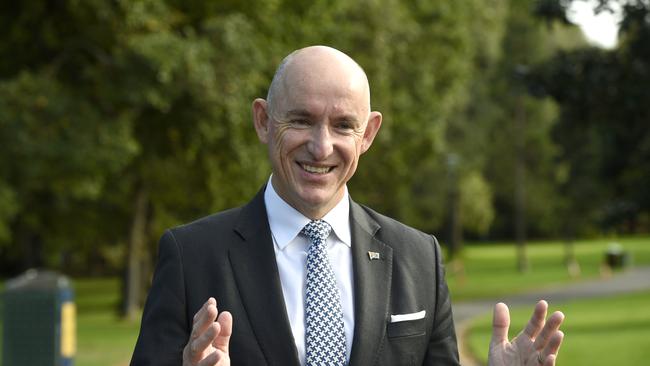
The curriculum aims for a ceasefire in the culture war over the teaching of Indigenous history and European settlement of Australia, by ensuring both perspectives are taught in schools.
Students will be given a “deeper understanding’’ of First Nations history and culture, and the impact of British settlement on Aboriginal and Torres Strait Islander people.
British settlers’ “contribution to the building of modern Australia’’ will be taught in tandem.
“Indigenous history remains a prominent part of the curriculum and is embedded across Foundation (kindergarten or prep) to Year 10,’’ Mr Robert said. “For the first time students will learn Deep Time Indigenous history as a compulsory part of Year 7.’’
ACARA chief executive David de Carvalho said the new curriculum set “high expectations and standards for what all students should know and be able to do’’.
“(It) supports deeper conceptual understanding and improvement in educational performance,’’ he said. “This is a more stripped-back and teachable curriculum that identifies the essential content our children should learn.
“There is a stronger focus on phonics in English and mastering essential mathematical facts, concepts, skills and processes.”
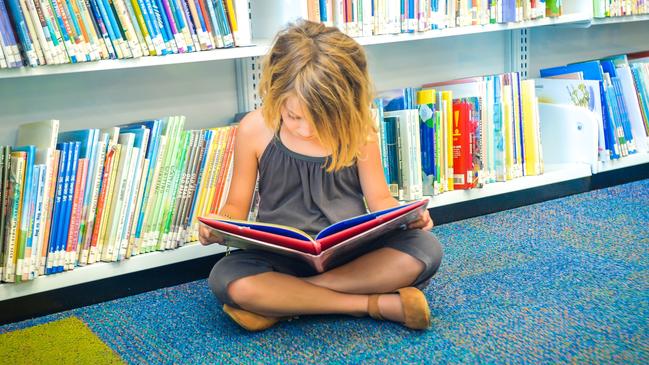
Mr de Carvalho said the final curriculum – which won’t be made public for several weeks – would ensure students can add and subtract numbers in Year 1, and start learning their times tables at the start of Year 2.
A previous version, widely condemned by maths teachers, had postponed the rote learning of multiplication from Year 3 to Year 4, and delayed teaching kids to tell the time until Year 2.
Australian Association of Mathematics Teachers chief executive Allan Dougan praised the latest change as a “step in the right direction’’.
“(Maths) fluency and making sure young people have not just problem-solving skills, but the basics to apply those skills, is really important,’’ Mr Dougan said.
Teachers will pay more attention to teaching about the origins and heritage of Australia’s democracy, and the diversity of Australian communities.
Lessons on privacy and security will be added to the digital technologies curriculum.
Physical education classes will focus more on “students being physically active, with a focus on activity in natural and outdoor settings’’.
Students will be taught about “respectful relationships’’ – from sharing to sexual consent – in age-appropriate ways in every year of school.
The new curriculum will be published on a new website in Term 2 this year, and taught by schools next year based on timelines set by each state and territory education department.
Years 11 and 12 will continue to be covered by state-specific syllabus materials.
The Catholic Education Commission, representing 1755 schools educating 785,000 students, said the new curriculum would be easier for teachers to understand and use.
“(It) will allow our schools to focus on the essential knowledge and skills students should learn, and will provide teachers greater clarity on what they are required to teach,’’ the commission’s executive director Jacinta Collins said on Friday.
“It will also sharpen the focus on the development of foundational skills required for deeper learning and on educational outcomes for all students, including students with disability and additional needs.’’



